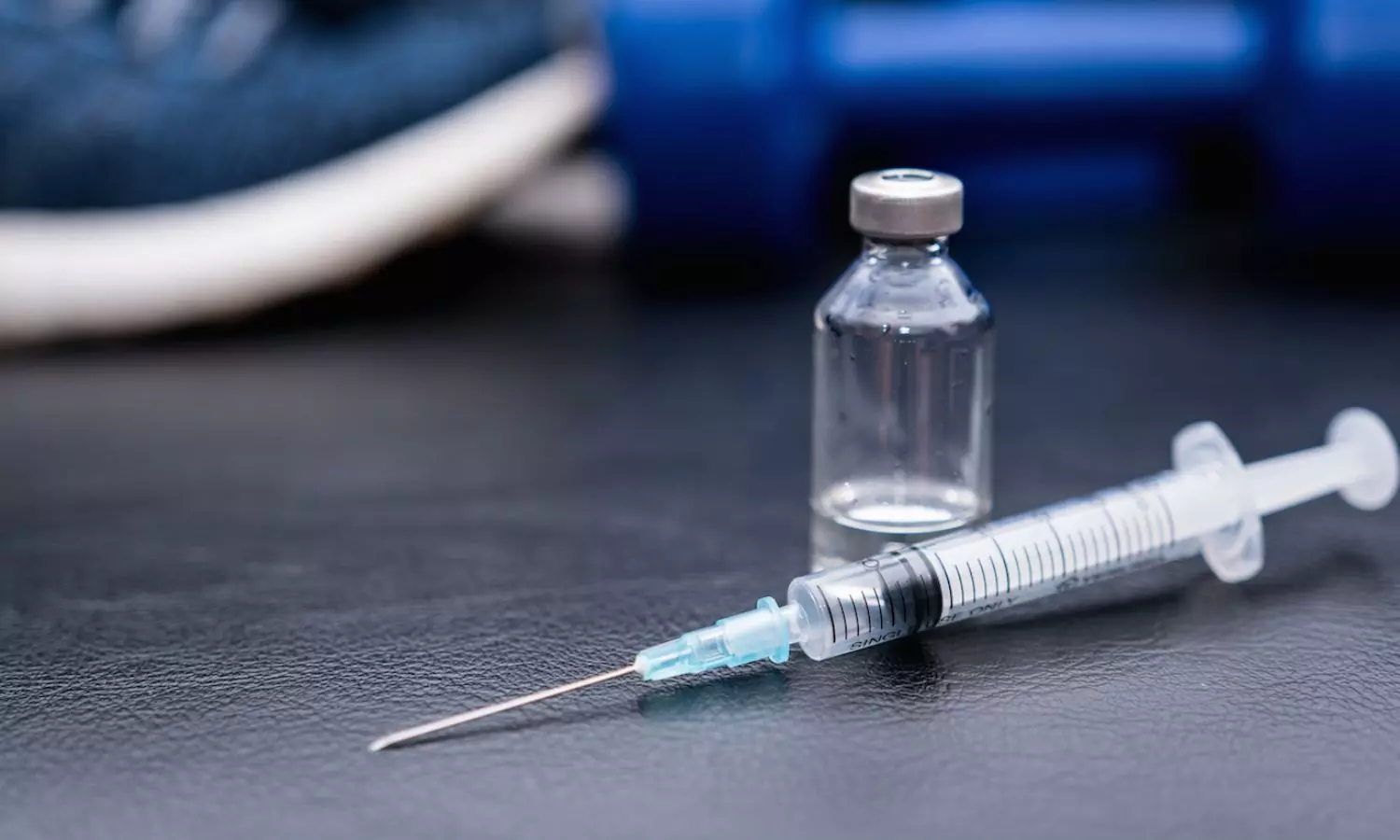News
India becomes 17th country to launch Athlete Passport Management Unit to fight doping
With this development, India joins the ranks of countries like the United States, Germany, France, China, Australia, and Japan.

India's doping challenge continues (Representative Image)
India took a major step forward in the fight against doping in sports by launching its own Athlete Passport Management Unit (APMU) at the National Dope Testing Laboratory (NDTL) in New Delhi.
With this, India has become the 17th country in the world to set up a dedicated unit for monitoring the biological profiles of athletes.
Union Sports Minister Mansukh Mandaviya inaugurated the facility on Thursday. He said that the APMU will play a crucial role in protecting clean sport and identifying unethical practices in a more scientific and long-term manner.
The Athlete Passport Management Unit is responsible for managing what is known as the Athlete Biological Passport (ABP). This system tracks various health markers of an athlete over time, such as blood parameters and hormonal levels, to spot unusual patterns that may indicate doping. Unlike traditional methods, this system does not require direct detection of banned substances but instead looks for suspicious trends in the data.
“APMU is a key milestone in India’s fight against doping. This unit will allow for continuous tracking of an athlete’s biological data and help detect doping patterns. It strengthens fairness in sport,” Mandaviya said during the launch.
He also added that the new APMU will support other countries in the region that may not yet have the infrastructure to develop such systems on their own.
India’s APMU aligns with the global anti-doping standards set by the World Anti-Doping Agency (WADA). With this development, India joins the ranks of countries like the United States, Germany, France, China, Australia, and Japan—all of which have similar units at their WADA-accredited labs.
The launch event was also attended by top officials from the Ministry of Youth Affairs and Sports, including Sujata Chaturvedi (Secretary, Sports), Kunal (Joint Secretary, Sports), and Dr. P. L. Sahu, among others.
This move is expected to boost India’s global standing in anti-doping efforts and support cleaner competition across all levels of sport.
